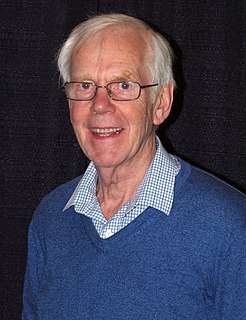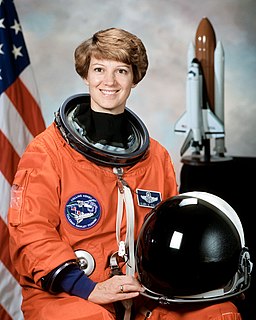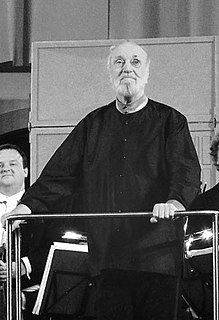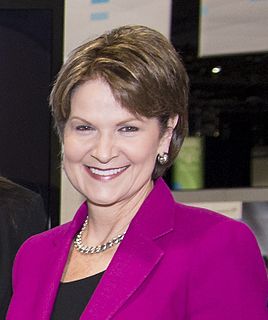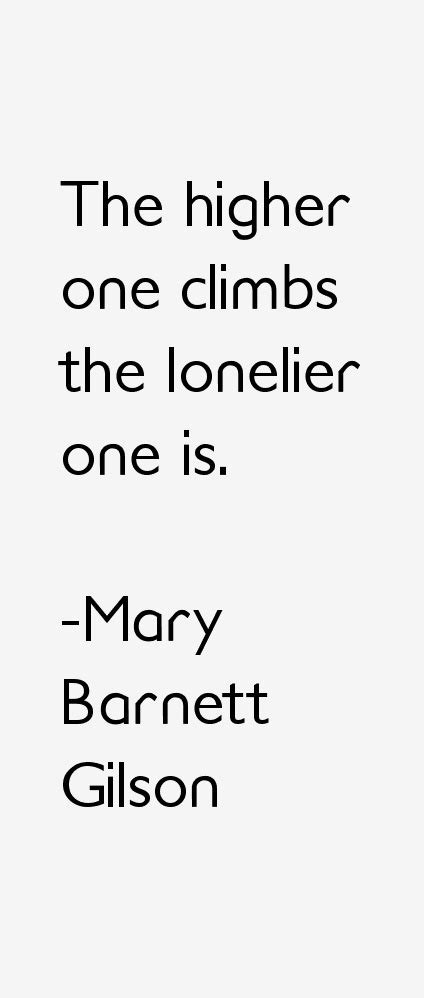A Quote by Cathleen Schine
For women, World War II had offered an opportunity, and often the necessity, to get out of the house to work.
Quote Topics
Related Quotes
I don't think my generation carries the weight of World War II anymore. But I've got to tell you, even if we don't really talk about it, we get reminded constantly by other people or other countries. I get offered a World War II movie at least once a week just because I speak German and was born there. I have always stayed away from it because I didn't want to be put into that box.
For a long time, way back in the ’30s and ’40s, there were fabulous female roles. Bette Davis and all those people had incredible, great roles. After World War II, something happened where it was not only "get out of the factories," but "get out of the movies." That's when women's roles started to really [change].
It's important to remember that World War II was experienced very much as a continuity in that sense. Most of World War II in most of Europe wasn't a war; it was an occupation. The war was at the beginning and the end, except in Germany and the Soviet Union, and even there really only at the end. So the rest of time it's an occupation, which in some ways was experienced as an extension of the interwar period. World War II was simply an extreme form, in a whole new key, of the disruption of normal life that began in 1914.
We have to recognize that the reason that the global order that we've enjoyed and almost take for granted over the last several years exists is that after World War II, the United States and its allies tried to build an antidote to what they had seen between World War I and World War II. There, they'd seen protectionism, beggar-thy-neighbor trading policies, so they said, we'll build an open international economy. And they did that.
There is a myth that the New Deal programs on their own pulled the US out of the Great Depression and created the conditions for the economic boom after World War II. As an economist, I can tell you, that is not true. In reality, it was mainly World War II that launched the boom - the massive war mobilization, the horrifying destruction and death caused by it, and then the reconstruction in its aftermath. he US was the only advanced capitalist country that was not bombed during the war.
In an all-out nuclear war, more destructive power than in all of World War II would be unleashed every second during the long afternoon it would take for all the missiles and bombs to fall. A World War II every second-more people killed in the first few hours than all the wars of history put together. The survivors, if any, would live in despair amid the poisoned ruins of a civilization that had committed suicide.


